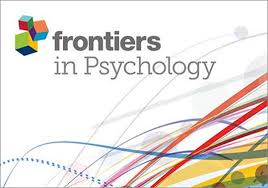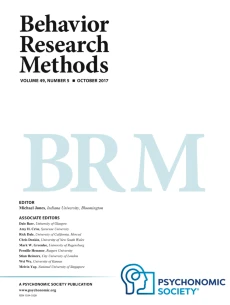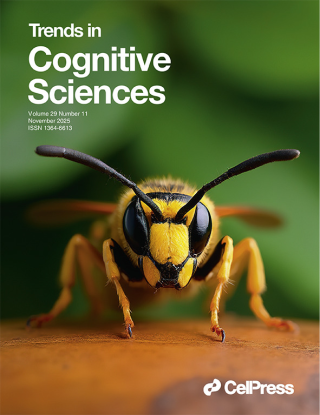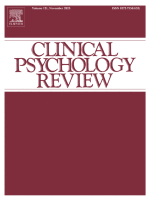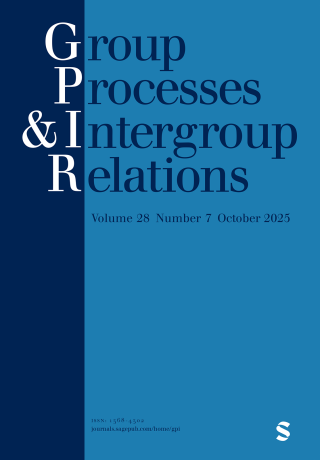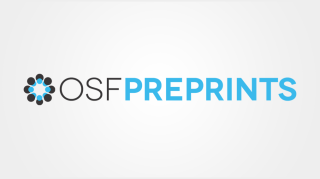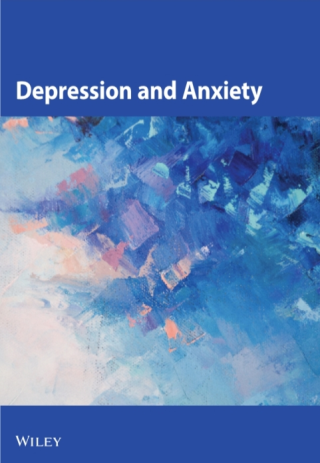-
6 Nov 2025 • Journal Article • Frontiers in Psychology
Core facets of divine forgiveness: a study across monotheistic religions
AbstractIntroductionAmong the religious factors that significantly contribute to believers’ well-being, research on the personal experience of divine forgiveness (DF) remains in its infancy. The aim of this study was to investigate similarities and differences in the conceptualization of DF, its conditional/unconditional nature, and the understanding of sin across the three
… show more -
5 Nov 2025 • Journal Article • Behavior Research Methods
A drift-diffusion model of temporal generalization outperforms existing models and captures modality differences and learning effects
AbstractMultiple systems in the brain track the passage of time and can adapt their activity to temporal requirements. While the neural implementation of timing varies widely between neural substrates and behavioral tasks, at the algorithmic level, many of these behaviors can be described using drift-diffusion models of decision-making. In this work, wedevelop a drift-diffusion
… show more -
29 Oct 2025 • Preprint • Research Square
Decision-making trades off learned and perceived information
AbstractA fundamental question in cognitive science is how information from internal memory is combined with external sensory input when making decisions. We hypothesized that previously learned and currently perceived information trade off against each other, such that extracting information from one source reduces the gathering and usage of information from the other. To test
… show more -
9 Oct 2025 • Journal Article • Trends in Cognitive Sciences
Rapid decay of perceptual memory in dyslexia
AbstractThe basic mechanisms that underlie developmental dyslexia – a difficulty in acquiring reading expertise – are still debated. We propose that such difficulties should be understood within the broad framework of learning and skill acquisition. Behavioral and neural studies, as well as computational analyses, imply that acquiring expertise has atypical dynamics in dyslexia
… show more -
6 Oct 2025 • Preprint • bioRxiv
Prefrontal and Subcortical Value Representation during Explore-Exploit Decision-Making and Suicide Attempts
AbstractBackground
This study aims to understand learning and decision-making in suicidal behavior by investigating temporal dynamics of reward value encoding in individuals with late-life depression and a history of suicide attempts.
Methods
In a retrospective case-control study, 134 older adults (33 with depression and history of suicide attempts, 29 with depression and
… show more -
3 Oct 2025 • Journal Article • Clinical Psychology Review
The motivational anatomy of fear: A closer look at core threats
Abstract“Core threats” are the ultimate feared consequences motivating avoidance behaviors and underpinning surface-level fears. For example, the surface fear of contamination may stem from core threats such as death, suffering, or harming loved ones. Whereas traditional models of anxiety recognize the role of motivation, they have not emphasized how global motivations shape
… show more -
Oct 2025 • Journal Article • Group Processes & Intergroup Relations
Virtual regulation: Can immersive virtual reality be used to assist intergroup interventions? The moderating effect of political ideology
AbstractWhile emotions are pivotal in intergroup conflicts, individuals are less motivated to feel peace-promoting emotions in extreme conflicts. In the current research, we investigated whether virtual reality (VR) can be harnessed to overcome this limitation by utilizing two of its features: (a) the ability to simulate reality in an immersive way, and (b) to allow people to
… show more -
1 Oct 2025 • Journal Article • Neuroscience & Biobehavioral Reviews
The effect of MDMA administration on oxytocin concentration levels: systematic review and a multilevel meta-analysis in humans
Abstract3,4-Methylenedioxmethamphetamine (MDMA) has been shown to enhance social cognition, partly through its effects on oxytocin, a neuropeptide involved in social cognition. Despite growing evidence linking MDMA to increased oxytocin levels, no study has systematically examined this relationship across different doses, times, and participant characteristics. This systematic
… show more -
28 Sep 2025 • Preprint • OSF Preprints
Neural Markers of Speech Processing During Inattentional Deafness
AbstractCognitive scientists have long debated the capabilities of non-conscious perception, defined as the level of processing of external stimuli that people do not consciously experience. While much is known about non-conscious visual perception, the auditory modality has received less focus. Here, we examine the level of processing for audible and intelligible spoken words
… show more -
24 Sep 2025 • Journal Article • Depression and Anxiety
Development and Validation of the Schedule for the Assessment of Insight in Anxiety Disorders (SAI-A)
AbstractThere is a growing interest in understanding insight or illness awareness in anxiety; however, most assessment instruments were designed for psychosis. The unique features of anxiety highlight the need for tailored measures to accurately evaluate insight. The aim of this study was to develop and validate the Schedule for the Assessment of Insight in Anxiety (SAI-A), a
… show more
